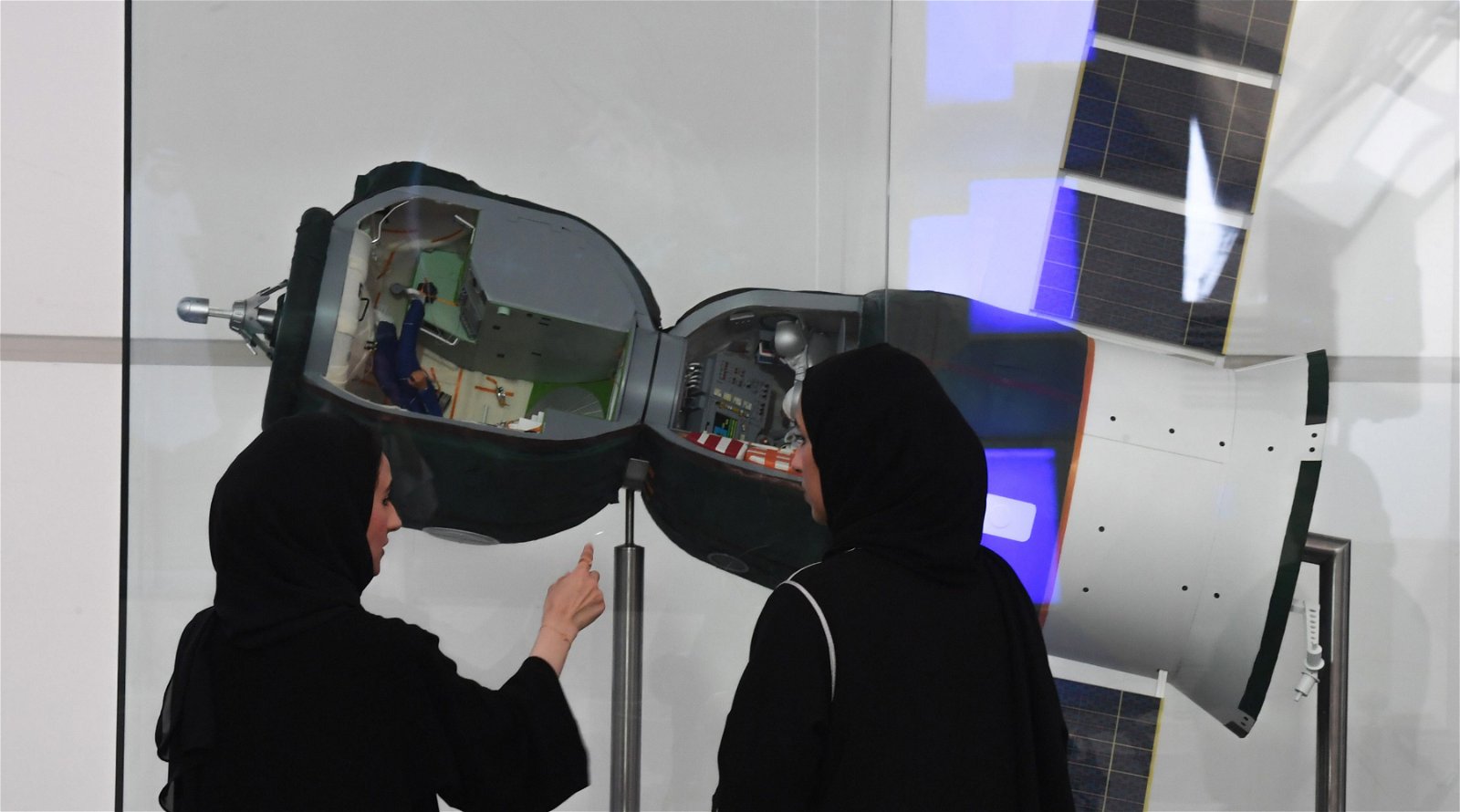
Next month, an astronaut from the United Arab Emirates, Sultan Al Neyadi, will be launched toward the International Space Station (ISS). This means that he will be in space during the month of Ramadan.
Why is this important?
More and more Arab countries have plans Send people into space. This immediately raises questions about how Muslims adhere to the rules of Islam when they orbit the Earth.the essence: Neyadi told a news conference on Wednesday how he interprets Islamic teachings.
- “I am the definition of a traveler,” said the astronaut. That is, he can eat and drink during Ramadan even during the day. Muslims are allowed when traveling Stop fasting. Normally, they are not allowed to eat or drink anything from sunrise to sunset during Ramadan.
- “Fasting is not obligatory if you are not feeling well,” Al Neyadi said. He added that in order for the mission not to be compromised, it is even necessary for Muslim astronauts to eat enough.
- The fact that the International Space Station takes about 90 minutes to orbit the Earth is an additional problem. As a result, the sun only takes 45 minutes to rise or set. So Muslims in space usually depend on the time of the place where their spacecraft was launched.
- Whether Niadi would have difficulty praying towards Mecca (something Muslims must do five times a day) is another question. Sultan bin Salman, the Saudi prince who became the first Muslim in space in 1985, did so three times a day. I based this on the time zone of Launch site in Florida And its location had to be constantly adjusted, because Mecca was always in a different place in relation to the ISS.
“Guide to Practicing Islamic Rituals on the International Space Station”
SpecialIn fact, in Malaysia in 2006, 150 Islamic scholars got together to create a regulatory framework for prayer in space, because an astronaut from the country was scheduled to go to the International Space Station the following year.
- A document was then produced and approved, detailing how Muslims should behave in orbit.
- First of all, scientists agreed to explore space. Other countries such as Egypt and Guinea have done the same.
- According to the manual, astronauts must keep track of time on Earth, not time on the International Space Station. Otherwise, they had to pray 80 times a day. After all, the International Space Station (ISS) makes 16 revolutions around the Earth every day.
- Prayers for Mecca are recommended but not required. Nor should one kneel for prayer, which must be done on the ground.
- The full brochure is available at this link Read.
Muslims in space
It is also important to mention: Although Muslims make up a quarter of the world’s population, only 12 of the more than 600 astronauts who have been in space are followers of Islam.
- Neyadi will be the second astronaut from the United Arab Emirates when he takes off with two Americans and a Russian on February 26. In 2019, Hazza Al Mansouri spent eight days aboard the International Space Station. Niadi is doing better: he will spend about half a year in space.
- Other countries that produced Muslim astronauts include Syria, Azerbaijan, Kazakhstan, Afghanistan, Kyrgyzstan, Iran, Malaysia and Egypt.
- More may be added soon. twelve countries In the Arab world, after all, it aspires to become more active in space.
(kg)

“Total coffee specialist. Hardcore reader. Incurable music scholar. Web guru. Freelance troublemaker. Problem solver. Travel trailblazer.”








More Stories
GALA lacks a chapter on e-health
Weird beer can taste really good.
Planets contain much more water than previously thought